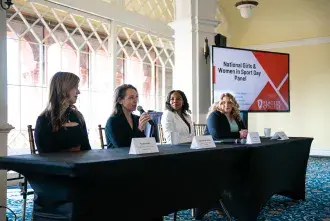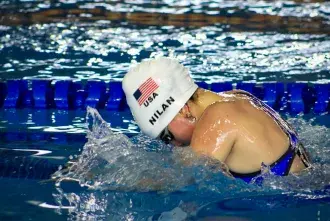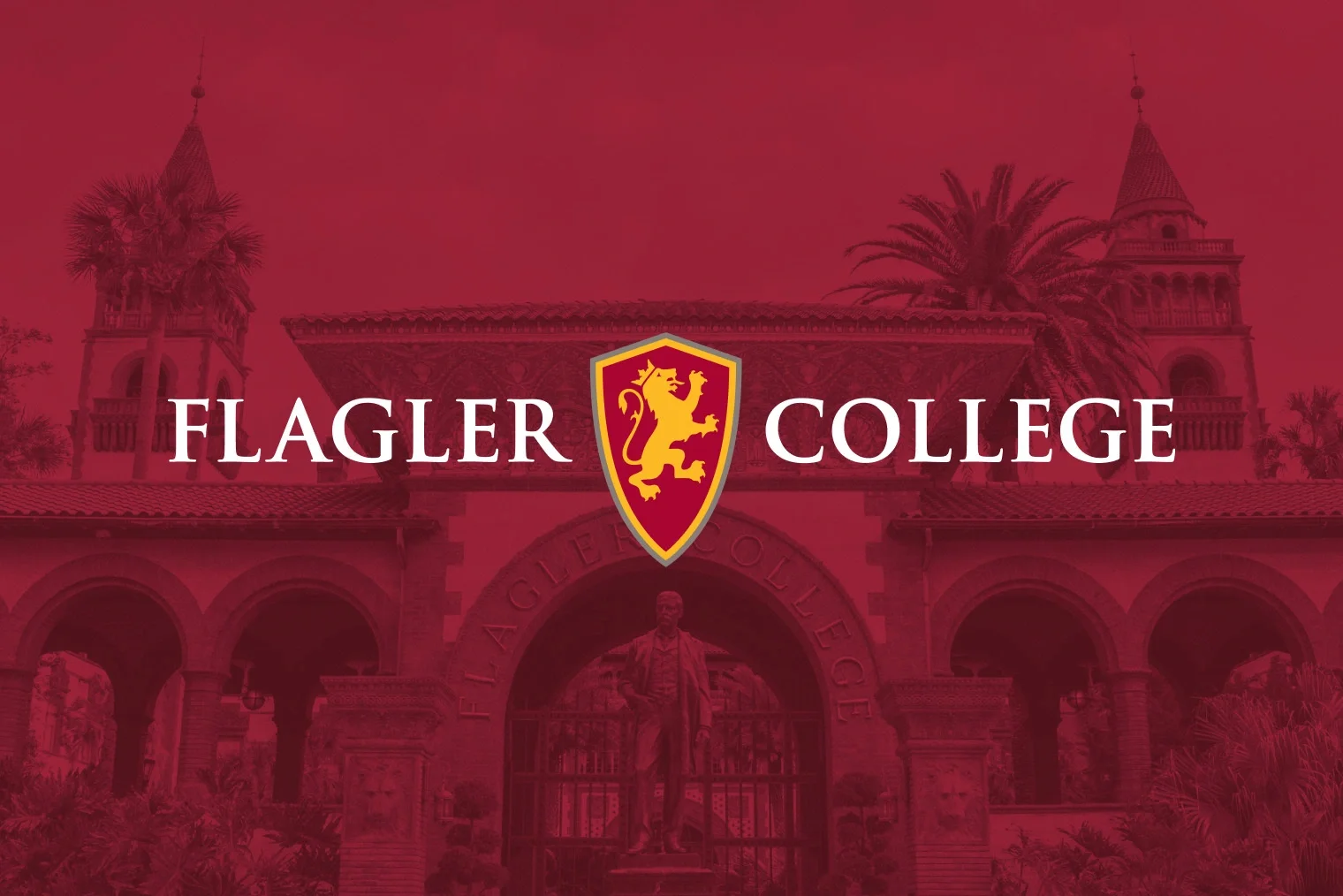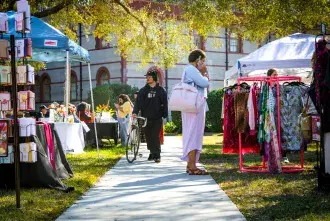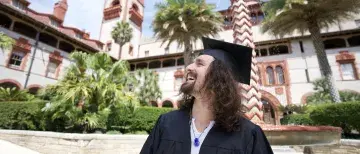
Coming out of an intense U.S. Marine Corps role that took him to the North Korean border amid heightened conflict, Van Clief said this transition into college life was “one of the hardest in [his] life.”
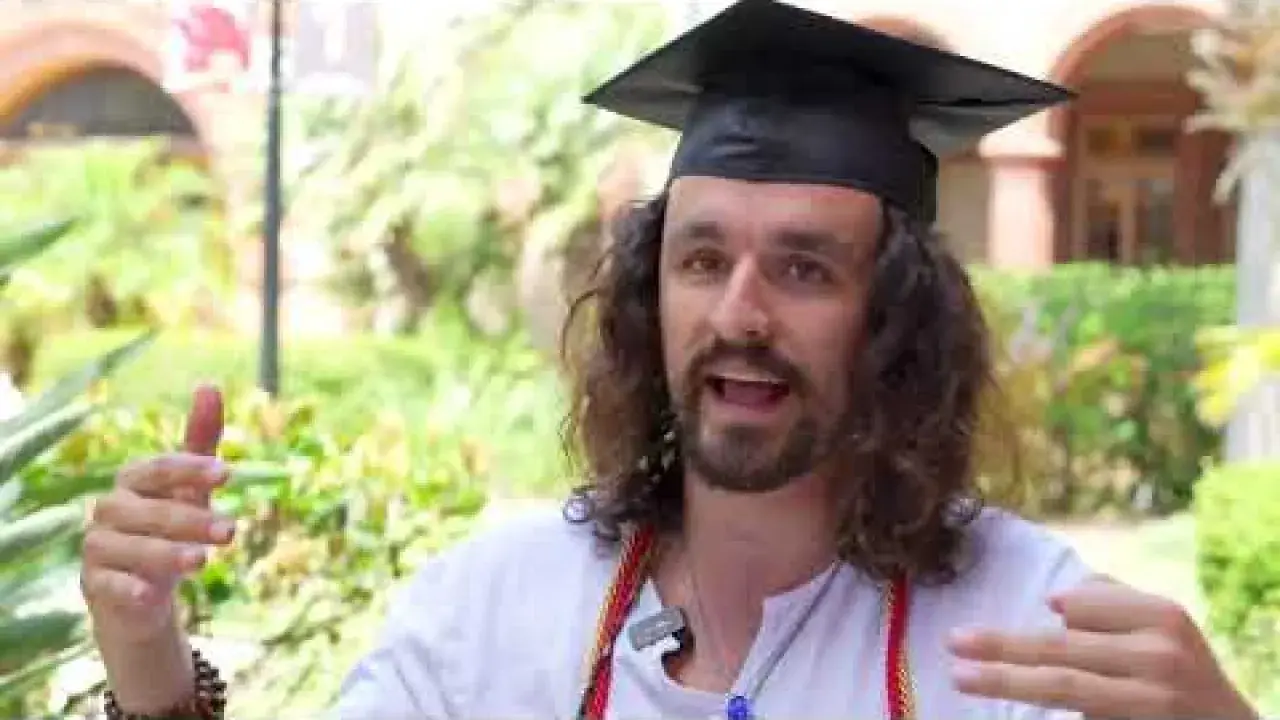
Check out Jake Van Clief's #FCGradStory
After graduating high school and spending a brief time working construction, Van Clief enrolled for service in 2015. Top scores on his entry and secondary Military Occupational Specialty exams placed him as an Avionics and Cryptographic Technician for the Marine Corps. In that role, he worked on “multi-million-dollar" military aircraft and dealt with Artificial Intelligence (AI) algorithms like the Autonomic Logistics Information System (ALIS) which aids the operation of F-35s.
“That’s where I really dove into [AI] algorithms, data, technology, and electronics” he said. “I absolutely loved it. That was high-level awesomeness.”
But during his five years of active service from 2015 to 2020, Van Clief said he was also exposed to situations that only amplified his passion for conflict resolution.
“I’ve always had this dream to be the ambassador of Mars, to be this person who stops fighting and arguing on the big scale,” he said in a tone reflective of his larger-than-life personality.
After witnessing “terrible aircraft accidents” and the overwhelming animosity at the border of North and South Korea, Van Clief admitted to being left feeling “powerless” and angry at the realities of war.
“I realized quickly that the people who had a voice, who had power, were these ambassadors- individuals who are almost half the age of these generals,” Van Clief said. “But the generals were listening to them, maybe not being told what to do, but they were in conversation. [These ambassadors] had a voice. I was like, ‘Okay, I want to do that. How do I do that?’”
“[Political Science] is how you do that,” Van Clief recalled his mom saying as he explored options for undergraduate studies out of the military.
“One of my favorite little metaphors, analogies, or allegories is the idea of a masterpiece, a painting,” he said. “A painting isn’t made in just a poof... It’s individual brushstrokes. And you might not realize what part of [the painting] each [brushstroke] is or someone else looking at it may have no idea why you put that color there.”
Identifying political science as his academic path was only an early brushstroke as Van Clief began to intentionally paint the masterpiece of his future.

To an outsider, these separate “brushstrokes” may feel disjointed: working construction, serving in the military, traveling the world, enrolling in college as a non-traditional student, studying political science, and delving deeper into the world of AI with his entrepreneurial venture Van Clief Media (LLC) that he self-started in 2022.
But “when you look at how I’m applying it,” he said, all the brushstrokes of his experience begin to transform into an impressive painting reflective of his true passions.
Van Clief said construction work out of high school gave him clarity on the inner workings of business and economics; military work with avionics and cryptography jump-started his expertise in AI, and this ahead-of-the-curve AI knowledge allowed him to deepen his study of politics.
“It was all connected,” he said.
Being compensated by the military for a college education and receiving supplementary financial support as a veteran gave Van Clief the freedom to “dump everything into school,” something he considers himself “ridiculously privileged” to have been able to do.
Van Clief said if he “could do it all again,” he’d paint the same picture. Whatever circumstances would allow him to throw all his passion and time into a college education, he said he’d choose them again.
Not just to get a job, or simply earn a degree, “but to learn that whole time,” he said. “That’s what I would do, and luckily, that’s what I did.”
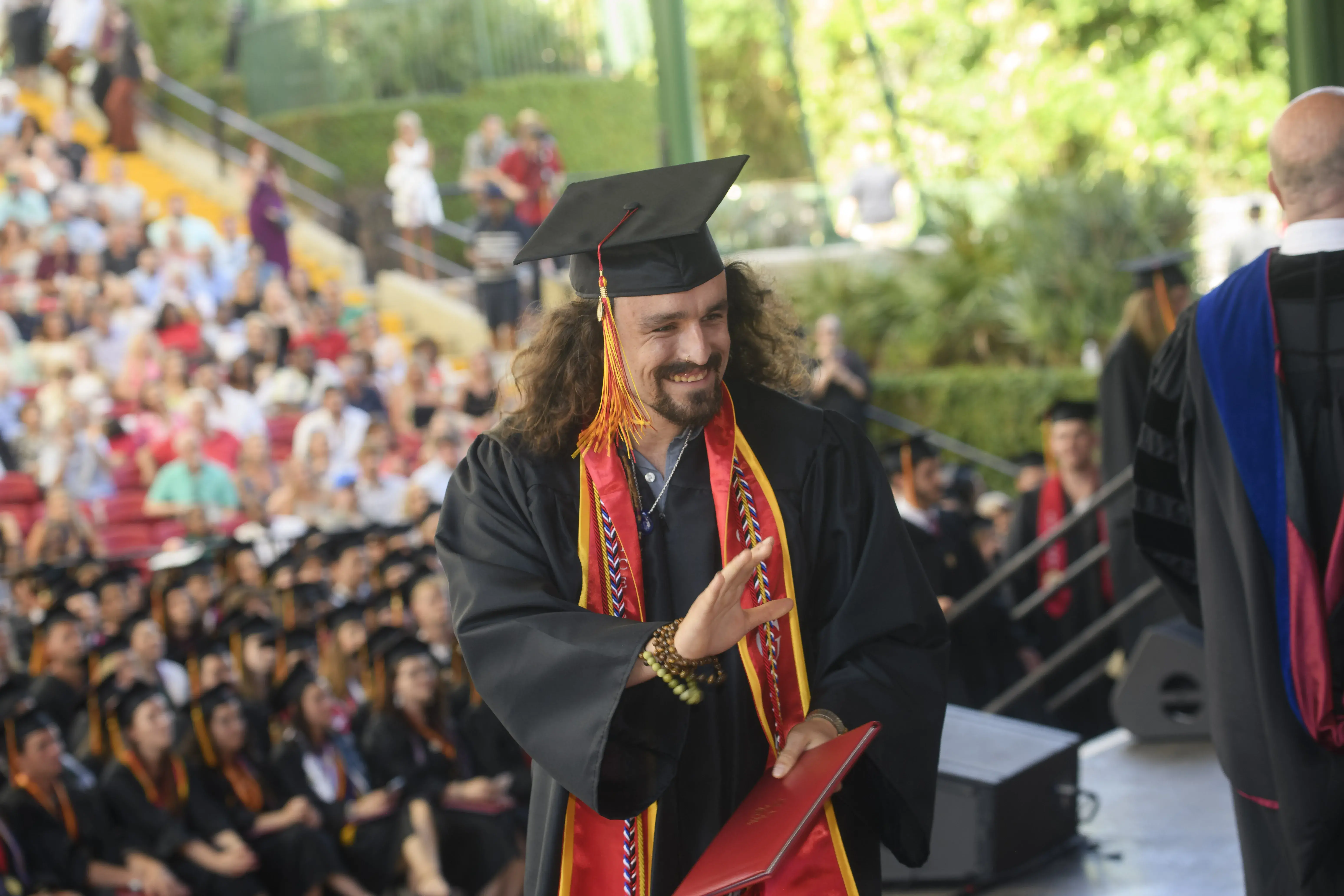
The Flagler community was fortunate that Van Clief chose this college as a workshop for academic endeavors and as a place to invest his enthusiasm for learning. He said it was a “Ghandi and Bin Laden” political science course that turned his attention to Flagler.
“It was a 400-level class that I got approved for freshman year, and that was why I came to this school,” he said. “The rest is history.”
Once at Flagler, Van Clief started “diving into” more topics that struck his interest, eventually tacking on a Philosophy & Religion minor. At that point, he also noticed his academic focus “shifted a bit to technology” and the benefits of AI in education.
“Obviously I was always around technology... but then I realized politics and technology are now this one huge conflict-ridden area,” he said.
One professor’s mentorship truly cracked open Van Clief’s world of using AI in the classroom. In one course, he was given the green light to use AI for a literature review analysis on political thought.
“But in a way where I studied it, researched it, and then did an analysis of how well [AI] did writing the paper,” he said.
He said that trust in his academic integrity and support for his outside-the-box ideas allowed him to genuinely, and in a substantial way, follow his passion for AI even further. With that momentum, he wrote an “even larger” paper using AI that was accepted to the Saints Academic Review and began to catch other professors’ attention.
He got faculty comments like: "Whoa, this is a really good use of AI. How do you do this? What do you do?"
This faculty interest landed Van Clief contracted AI workshop gigs for the College in which the tables of teaching turned. He followed similar themes in these workshops as he did in guest articles he published with The Gargoyle: “Why educators must understand AI (even if they don’t use it),” and “AI in academia: redefining the future of education.”
Flagler’s willingness to let students “go all over the place,” to “expand and explore” in their studies, is a quality of a liberal arts education that Van Clief greatly admires.
He said the idea of expansive study is a “liberal arts ideal,” that “sets apart a normal college degree from real learning.” He believes, with 100% certainty, Flagler fostered that kind of real learning within him.
“Every field needs every other field,” he said. “If you want to be a good political scientist, you have to understand history, religion, and now technology. If you want to be a good technologist, you have to understand politics and what's affecting you.”
At Flagler, Van Clief feels like the message was this: “Yes, this is your major, but here is the rest of the world.”
